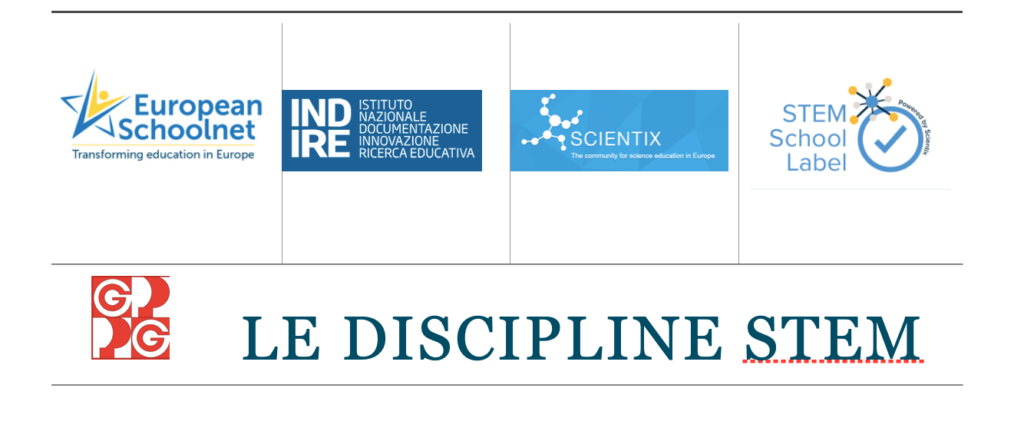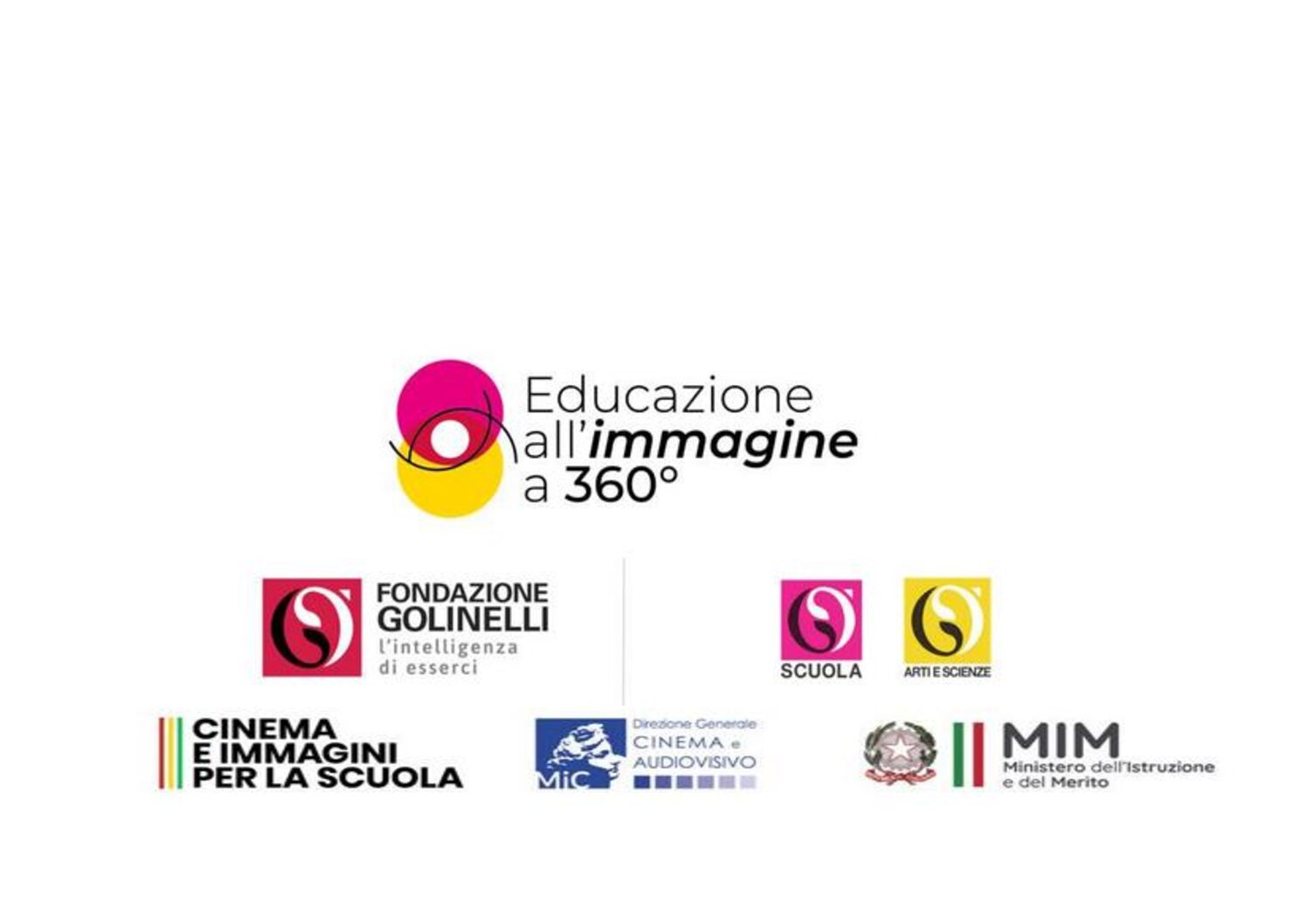
Scientix, la community nata nell’ambito di European Schoolnet e che dal 2009 promuove in Europa la collaborazione tra insegnanti e professionisti che si occupano di discipline STEM (Science, Technology, Engineering e Mathematics), ha creato STEM School Label, un’iniziativa avente l’obiettivo di diffondere a livello internazionale pratiche didattiche innovative per l’insegnamento delle scienze e di aiutare i docenti a costruire una ben definita strategia per l’educazione scientifica nella scuola. Il contact point per l’Italia è INDIRE che si occupa di diffondere il progetto sul territorio nazionale.
Di seguito, le pubblicazioni nella piattaforma STEM School Label di alcune attività che vengono realizzate nella nostra scuola.
Le attività e i metodi didattici cui si fa riferimento sono un esempio di quanto viene realizzato nella Pascoli nell’ambito del progetto d’istituto “Il laboratorio delle competenze: dalla matematica alle scienze sperimentali”: “Pendulum with ArduinoScience Journal”, Khan Academy and Mastery Learning in Maths”.
Arduino Science Journal is a free application for mobile devices. Thanks to its sensors it lets students explore sound, motion, electricity, make measurements, conduct scientific experiments and learn how to apply the scientific method. Technology and digital innovation really excite students, challenge them to dive deeply into a problem. Accelerometer has been used to measure the motion of pendulum, visualize information as a graph and verify what the period of simple pendulum depends on. The activity has been realized in remote learning, during the pandemic emergency: each student could have his personal science laboratory at home, with Arduino Science Journal app in his mobile phone.
What does the period of pendulum depend on? Mass of the ball? Lenght of the string? Initial angular displacement Amplitude? Teachers guide students to set up a hypothesis and plan an experiment to test it out. They are guided to understand how many measurements should be done to get a good average and they are given the recommendation to change one single variable at a time. Students, at home, build a model of simple pendulum, in which the mass is represented by their mobile phone. They choose the string and the right pivot point, find the way to increase the mass, must solve practice problems with their creativity. They download Arduino Science Journal and access accelerometro. Students send teacher videos, photos and the scientific report of the experiment. The results are discussed and compared with the period equation and the teacher can evaluate the entire process. The most interesting reports and videos can be published on the school website.
Criteria: Personalition of learning, Problem and project based learning (PBL), Inquiry Based Science Education (IBSE), Emphasis on STEM topics and competencies, interdisciplinary instruction, Continuos assessment, Personalised assessment, Access to technology and equipment, inclusive culture, With parents/guardians, With other schools and/or Educational platforms, Existence of supporting pedagogical staff.
School type: lower Secondary school
People involved in Case Study: other, pupil, teacher
Location: at school, during lesson time, home
Motivation and aim: We choose Arduino Science Journal app because it’s a portable scientific tool available everywhere and lets students explore easily and make scienti observation at home. We needed an activity which was able to engage students in remote learning as much as they used to do in the classroom. We wanted a student-centered approach in orde to keep students working even when they would be on their down and to really develop key skills like problem soling, critical thinking, capacity to establish connections between different scientific fields: Maths, Physics, Engineering, Sceience. Studying the motion of simple pendulum by building a personal working model and by measuring its oscillation with Arduino Science Journal motivates students with passion for innovation and at the same time guides them to think in a scientific way.
The website www.khanacademy.org offers the opportunity to practice maths at all student levels, from kindergarden to college, and to improve in almost all maths fields. Students go through videos, similar to a teacher’s lecture, and practice exercises with immediate answers or hints, when struggling. Students visualise a progress tracking system and a point scoring system. Teachers can create a virtual class in order to assign specific contents and learning materials that will show up in students’ home page. From the “teacher’s dashboard”, taechers can access real-time data about how their students are progressing, identify areas of growth and opportunities to accelerate them. It’s based on mastery learning which enables each student to work on the content that best fits his individual needs. Students can have as much learning time as they require. Creating an account and a virtual class in khanacademy.org is completely free and it’s available in fifty languages.
The activity is carried out throughout the school year, as a tool to support traditional way of teaching maths. Teachers analyse results every week or every month, students practice at school or at home. In June statistical analysis of the activity in the class and in the school is discussed: in 2020, 23 classes involved have been practicing for 3914 hours. Teachers set up their account on khanacademy.org, create the class, give passwords to each student, select the courses they want their students to work on, choose the level for each group of students as a starting point, a personalized learning path to meet each student’s needs for different topics. Students sign into their class account, choose the unit they prefer to work on, or the exercises their teachers assigned them. While practicing, they can see their progress from Familiar to Proficient to Mastered on each skill. A point scoring system displayed on each profile rewards success with badges and “energy points”.






